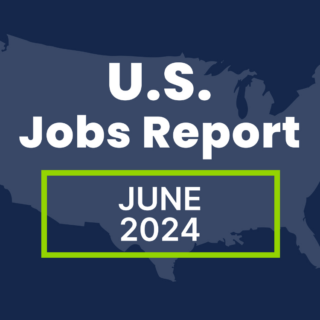Throughout 2017, we’ve seen important changes in the compliance landscape. State and local governments have passed significant pieces of legislation and courts have weighed in on a variety of issues. We’ve tracked some of the biggest compliance issues throughout the year, and as 2017 comes to a close, here’s a look back on the topics we’ve covered.
Twenty-nine U.S. states and the District of Columbia have laws that allow for some use of medical marijuana, and employers need to be prepared to react when medical use of the drug intersects with workplace policies. However, there’s no legal consensus about what actions employers should take if a candidate or an employee uses marijuana for medical purposes, despite 95 percent of the population living in jurisdictions with some form of legal marijuana.
“Ban the box” refers to the box on applications requiring applicants to reveal their criminal history. More than 150 cities and 29 states have enacted some form of a ban the box law. The laws are intended to push a background check later into the hiring process so that employers consider an applicant’s qualifications before their criminal history.
Advocates say predictive scheduling laws, sometimes called “fair workweek” laws, are intended to provide employees with increased income consistency and scheduling predictability so they can more easily plan for childcare and other commitments. Employers lose some flexibility in how they schedule employees.
Salary history laws are intended as a way to promote pay equity by imposing limitations on how employers can use a worker’s previous salary as a benchmark to set compensation. These restrictions are usually part of a broader pay equity movement being legislated throughout the country.
States, counties and cities across the United States are implementing paid sick leave laws, adding to the complicated compliance landscape faced by employers. These laws impact employers with full-time or part-time employees. Employers should review their sick leave policies and have plans in place to implement new policies to ensure compliance.
New York City’s “Freelance Isn’t Free” Act took effect in May 2017. It’s the first of its kind, and its impact will extend far beyond New York City. It sets requirements for contracts and payments, while providing freelancers with a process for addressing organizations that violate those contracts.
Compliance Corner is a feature on the PeopleScout blog. At least once a month, we’ll be featuring a compliance issue that’s in the news or on our minds. Understanding the patchwork of labor laws across the world is complicated, but it’s part of what we do best. If you have questions on the compliance issue discussed in this post, please reach out to your PeopleScout account team or contact us at marketing@peoplescout.com.



